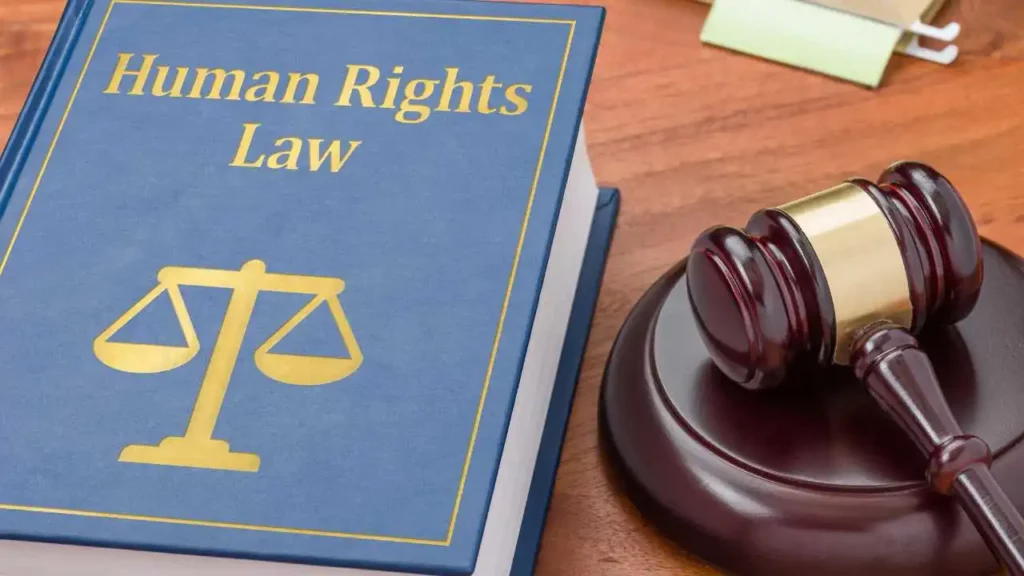The question of whether Israel is an oppressor is complex and deeply rooted in historical, political, and cultural contexts. Various sources present evidence and reasoning that can be seen as supporting the view of Israel as an oppressor, particularly in the context of its actions in the Palestinian territories.
1 Military Occupation and Blockade

Israel’s military occupation of the West Bank and the blockade of the Gaza Strip are often cited as key examples of oppressive actions. These measures have put Israel in a perpetual position of being seen as the oppressor.
2 Historical Context
The historical context of the Israeli-Palestinian conflict is important. To Israelis, returning to their ancestral homeland after a long exile is a fundamental aspect of their national identity. However, this return and the subsequent actions have been viewed by some as transforming the oppressed into the oppressor.
3 Amnesty International Reports
Amnesty International has highlighted that Israel’s occupation of Palestinian territories for over 50 years has involved numerous human rights violations. This includes the unlawful construction and expansion of settlements on Palestinian land, leading to mass violations against Palestinians.
4 Apartheid Allegations

Amnesty International has also accused Israel of imposing a system of oppression and domination against Palestinians to benefit Jewish Israelis, describing it as apartheid—a crime under international law. This includes extensive appropriation of Palestinian natural resources and restrictions on Palestinians’ access to resources and freedom of movement.
5 International Law and Settlements

The Israeli settlements on occupied Palestinian land are considered war crimes under international law and violate fundamental principles of international law. Despite international condemnation and numerous UN resolutions, Israel has continued its settlement expansion.
Each of these points contributes to the perspective of Israel as an oppressor in the context of the Israeli-Palestinian conflict. It is important to note that this is a highly contentious and politically sensitive issue, and perspectives on it can vary widely depending on the source and the viewpoint of the observer.










